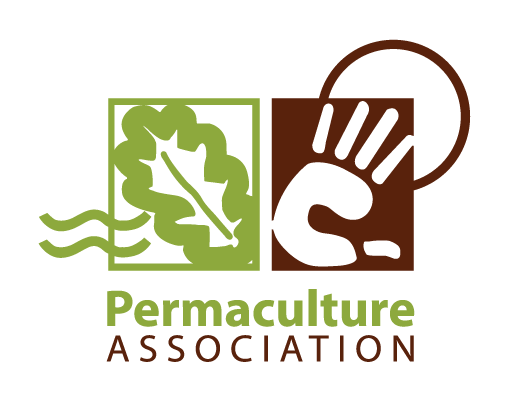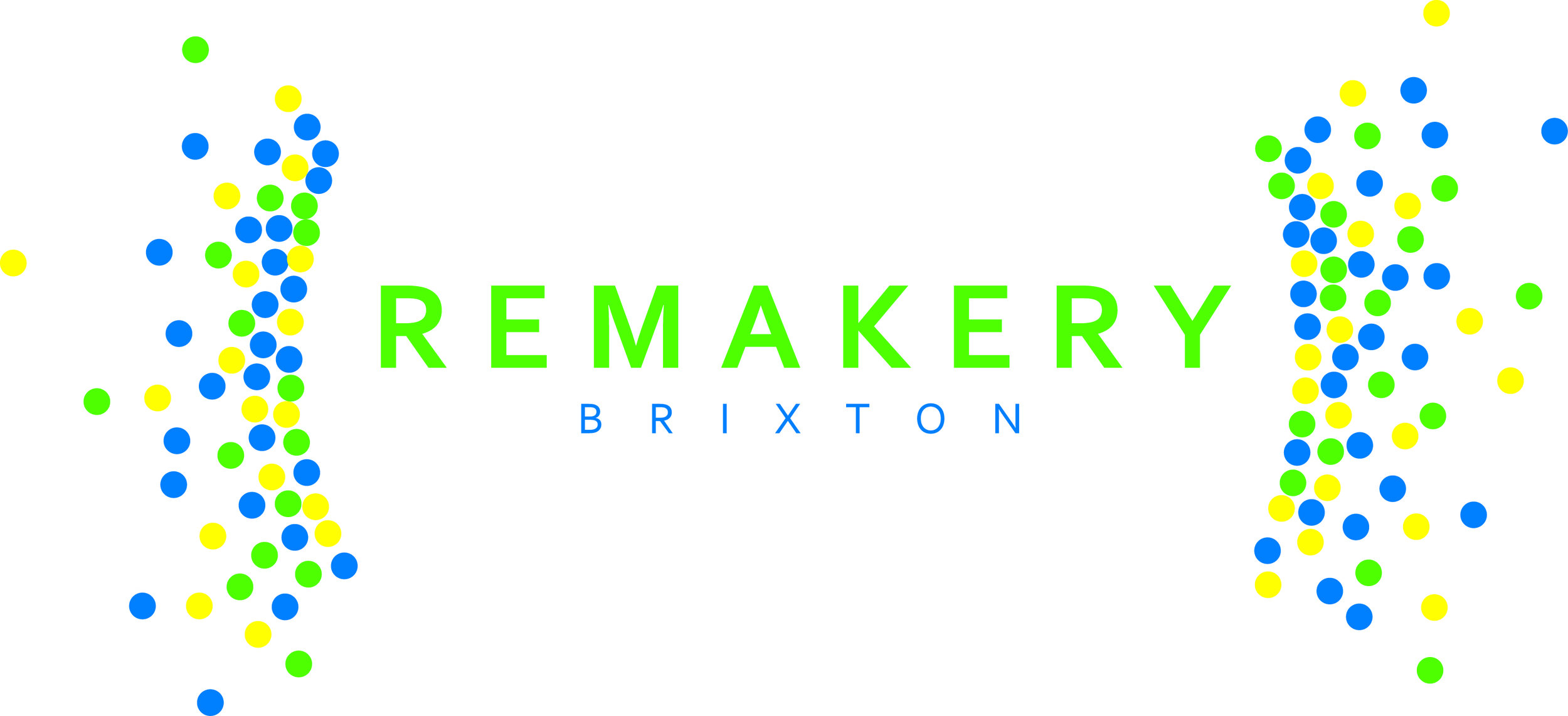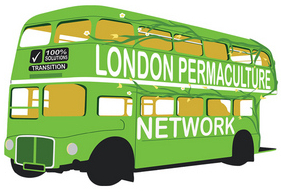7 weekend between April 8th and July 16th 2017
Various venues around South London
The Permaculture Design Course is a 72-hour often life-changing experience, accredited by the UK Permaculture Association.
Over the period of 7 weekends we will explore practical and creative solutions for building resilient communities and designing abundant eco-systems.
We will discover how we can work with, rather than against nature to fulfil our human needs whilst caring for the earth and the people.
The course has a strong practical emphasis on ecological and social design thinking and how this can be applied in different parts of our life and society.
“I feel like I know a secret and want to share it with the world”
Dates, Subjects, Venues
April 8/9: Design & Principles -- Treadwell
April 22/23: Soil & Food -- Farm tbc, Treadwell
May 13/14: Self & Community -- Quadrangle Trust, Kent
May 27/28: Shelter & Energy -- Treadwell, tbc
June 10/11: Water & Trees -- Treadwell
July 1/2: Design Clinic & Transition Livelihood -- Remakery tbc, various, Treadwell
July 15/16: Presentations & Celebrations -- Treadwell
To receive the certificate, there is a requirement of making at least 11 of the 14 days, including the first two and the last two on which participants will present their designs.
See pictures from previous courses here:
Venues
The main venue is Treadwell (SW2 3TL), a semi-detached home in Streatham Hill that is being transformed into a living example for urban Permaculture Design. This location will allow us to design and explore real and practical solutions for our everyday lives in an urban environment, including small space food growing, community and human scale water and energy systems.
We will also visit different venues in South London on various days of the course. These will include the Brixton Remakery, the community orchard and allotment in Hillside Gardens Park, The Quadrangle Trust in Kent, the CSA project Sutton Community Farm.
We will spend one residential weekend at the Quadrangle Trust in Kent exploring health and wellbeing, community building, and connection to the natural world. The Quadrangle Trust is a great space for the exploration of ecology, conservation, spirituality and creative education and has sustainable building features, gardens and a forest garden. It is situated in an idyllic setting in the Darent Valley close to Shoreham in Kent and easy to get to from London.
Tutors
Lead tutor of the course is Michel Thill.
Michel has lived in a number of places around the world including at eco-villages and a Permaculture Education Centre in Asia. Such experiences allowed him to explore the relationship between inner and outer resilience, personal transformation as well as the creation of community and environmental sustainability. He now lives and works in London where he teaches Permaculture Design and runs various community and food growing projects. It is Michel’s vision to create an urban example of a regenerative and restorative, life sustaining and flourishing culture, connecting people to each other and the more than human. Inspired by Permaculture principles and the Ecovillage Design Education, he is currently developing a social enterprise project which seeks to create such micro-cultures within London through reinventing our neighbourhoods.
Co-facilitator will be Tish Vail who has been working as an interior designer for many year and is integrating her professional design experience and spiritual practice with permaculture design.
Other guest teachers likely to include (details following and tbc): Duncan Law, chair and co-founder of Transition Town Brixton; Linda Royles, founder and manager of Cob in the Community; Amy Dadachanji, founder of the Strout-based Wild Apothecary; Hannah Lewis, co-founder and director of the Brixton Remakery.
What will the course cover?
Much of our Permaculture Design Course is focused around our most fundamental human needs. The design methodology and the Permaculture principles that are thought can be used by anyone and be integrated in any job or life situation, not only gardening. You will learn about the Permaculture way of setting up food systems, interacting with the natural world, building community, organising people, setting up businesses, learning – all of that inspired by the example of the natural world.
Topics covered on the course include, but are not limited to:
• Ethics and principles of permaculture
• Systems thinking, design process and methodology
• Soil structure, ecology and land regeneration
• Cultivated ecology: gardens and farms, agroforestry
• Community development and organisation
• Personal health and healthy societies
• Building effective learning groups
• Real wealth, money and sustainable exchange
• Urban challenges and urban permaculture, including retrofitting
• Energy conservation and renewable energy
• Transition Towns and transition livelihood
Each weekend includes theory and some practical hands on stuff. There will be plenty of design time for each participant’s personal design, which will be presented on the last two days of the course. During these design sessions you will have the opportunity to integrate the things you learn during the course and you will have support from the tutors.
We will share handouts and other helpful information on an online learning platform and encourage you to build action learning groups with other course participants to support each other through learning, sharing, trying out and reflecting.
What do past participants say?
“The course was a fantastic learning process and a truly enjoyable experience. The tutors were very knowledgeable and transmitted Permaculture as an approach to living, thinking, doing, making and being. The ethics, principles and thinking tools of Permaculture have become a new mindset.” – Raquel, PhD student in Food Policy
"It has completely changed my perspective towards every aspect of my life: my health, my relationship with family and friends, my relationship with the Earth." - Anonymous
“An inspirational personal growth adventure that I would recommend to everyone. The urban PDC is particularly useful for building practice into your daily lives and offers a response to many issues that we are facing whilst building a supportive family and community of Permaculture practisers to encourage future creativity. The tutors are the warmest and exciting people and Treadwell is a space of calm, enthusiasm and mindfulness. “ – Sam
"The course gave me direction and the opportunity of transforming a passion into a job." - Anonymous
“Studying the Permaculture method within an urban context was both empowering and thought-provoking. Presented with such realistic opportunities for positive change within the confines of the city and studying with likeminded people was extremely heartwarming. The mixture of practical and theory along with passionate teachers and guest speakers plus a variety of venues kept my interest and allowed for genuine integration of the teachings. I’m well prepared for continued use of the Permaculture tools and happily supported by the community that I’m now a part of, I cannot recommend this course enough.” – Zoe, Finance Assistant at Comic Relief
Pricing & Registration
To register for the course, please fill in the form below. We will then be in touch with details about the course and payment. The payment will complete your registration and secure your place.
If there are any questions, please contact Mich – 07901036220 – michel@sociallandscapes.co.uk.
The course is offered on a sliding scale according to income to make it affordable for everyone. Payment by instalments is also possible. Early bird rates are available if paid in full before January 15th 2017.
Income below £15000pa – £380 – Early Bird £360
Income between £15000 and 25000pa – £540 – Early Bird £510
Income more than £25000pa – £720 – Early Bird £680
Course fee includes 14 days of course tuition including one residential weekend at which food is provided. On all other days, participants are asked to bring lunch to share. Tea and refreshments will be provided.
Please click here to see our Cancellation & Refund Policy.
































People come to take Permaculture Courses for a number of reasons: some want to adopt a new way of thinking and bring more creativity into the work they are already doing, others don’t find meaning in their current occupation and are looking for alternatives; some are looking to buy land hoping to run a homestead, while still others have a small garden at home and would like to get more in touch with the soil and produce a few things for themselves.